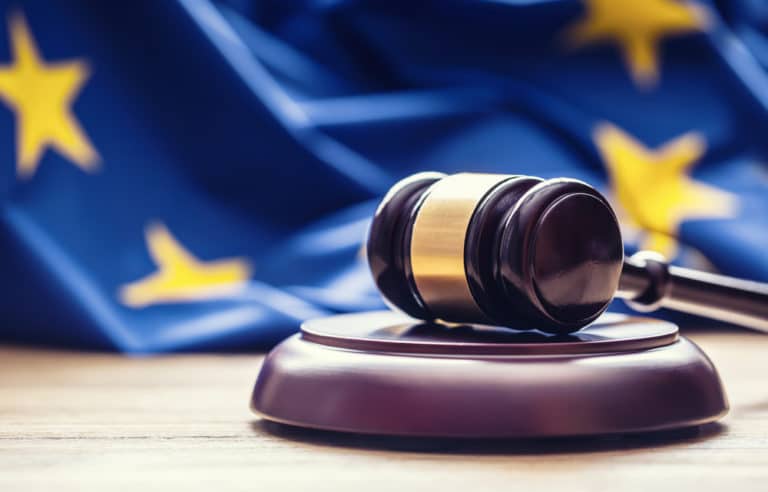The Digital Markets Act was put to the vote by the Internal Market and Consumer Protection Committee. It was adopted, with 42 votes in favor, two against and one abstention. The rules dictate what companies defined as ‘gatekeepers’ can and can’t do in the EU.
Commenting on the outcome, rapporteur Andreas Schwab said that the bloc stands for competition based on merit. Still, it doesn’t want the companies to keep ‘getting bigger and bigger without getting any better’ at the expense of users and the economy.
He added that competitions rules alone cannot address all the problems tech giants create.
Curbing unfair business practices
Schwab believes that the DMA will rule out unfair business practices, sending ‘a strong signal’ to all consumers and businesses in a single market that co-legislators set rules and not private companies.
The committee’s chairman, Annie Cavazzini, added that a few large platforms and tech players currently stand in the way of alternative business models (including those of mid-sized and small companies).
Often, Cavazzini added, users cannot subscribe to whatever they want. The DMA is a means to end the dominance of Big Tech companies in the EU.
The gatekeepers
The rules will apply to large companies providing core platform services, which are more prone to engage in unfair business practices. They include online intermediation services, cloud computing, operating systems, social networks, search engine, online ad services, and video sharing services.
They also have to meet the relevant criteria used to identify gatekeepers legally.
MEPs made some changes to the DMA, to include web browsers, virtual assistants, and connected TV, as well as the financial thresholds for a company to fall under the scope of the DMA to 8 billion euros annually in the European Economic Area, with a market cap of 80 billion euros.
